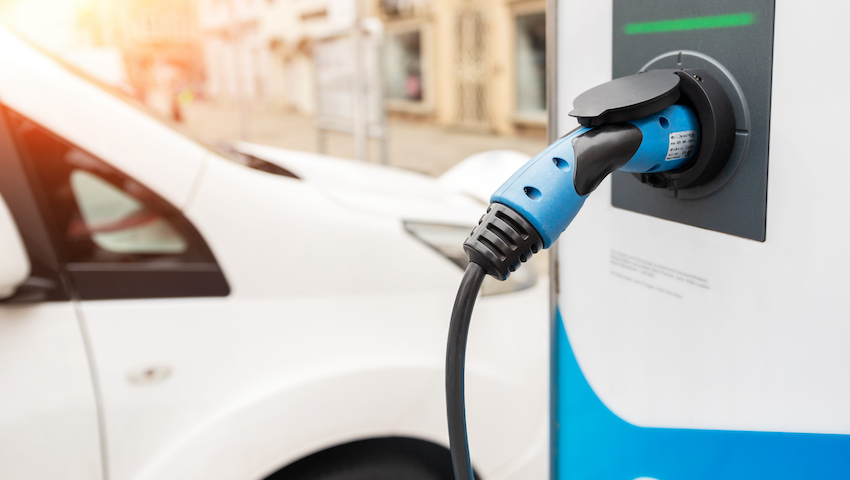
Fleets are ‘Over-specced’ by up to 20% in their electrification plans
E-fleet solutions provider Vev has found a significant proportion of fleets currently undergoing electrification have ‘over-specced’ when it comes to their charging infrastructure needs.
The problem is largely down to fleets embarking on electrification themselves for the first time. The transition will involve multiple providers and stakeholders, and navigating the complexities requires specialist knowledge to anticipate and consider all factors, including vehicles, charging infrastructure, energy sources, energy management and operational patterns. Every EV fleet needs a bespoke design, it’s not a one-size-fits-all.
One factor is the assumption that each electric vehicle (EV) requires a dedicated charger. This leads to fleets over spending on infrastructure, adds unnecessary complexity to the transition and wastage during fleet operations.
There can also be a tendency for businesses to design for every eventuality, however rare. But the insight gained from expert analysis of telematics data will allow businesses to predict and plan for these outliers and make informed decisions to ensure the investment is appropriate and the operation is optimised.
Mike Nakrani, CEO of VEV, said: “Making assumptions in the complex realm of fleet electrification can be a costly mistake. Our customers ask us to take a strategic role for them, working with a variety of partners across vehicles, charging and energy, to achieve a cost-effective transition to EVs. With the correct decision-making tools in place, companies can reap the benefits of the energy transition faster and more cost-effectively.”
By leveraging comprehensive data analysis, VEV determines the exact charging infrastructure and operational patterns necessary, considering factors such as energy sources, duty cycles, vehicle capability, time of day, driver habits, and operational requirements. This data-driven approach streamlines the electrification transition and ensures post-implementation cost-effectiveness in EV fleet operations, so over-investment is avoided, and business efficiency maximised.
As the electrification of fleets becomes increasingly vital for carbon reduction goals and efficiency, VEV is assisting fleet owners and managers in making informed decisions that will shape the future of their operations.